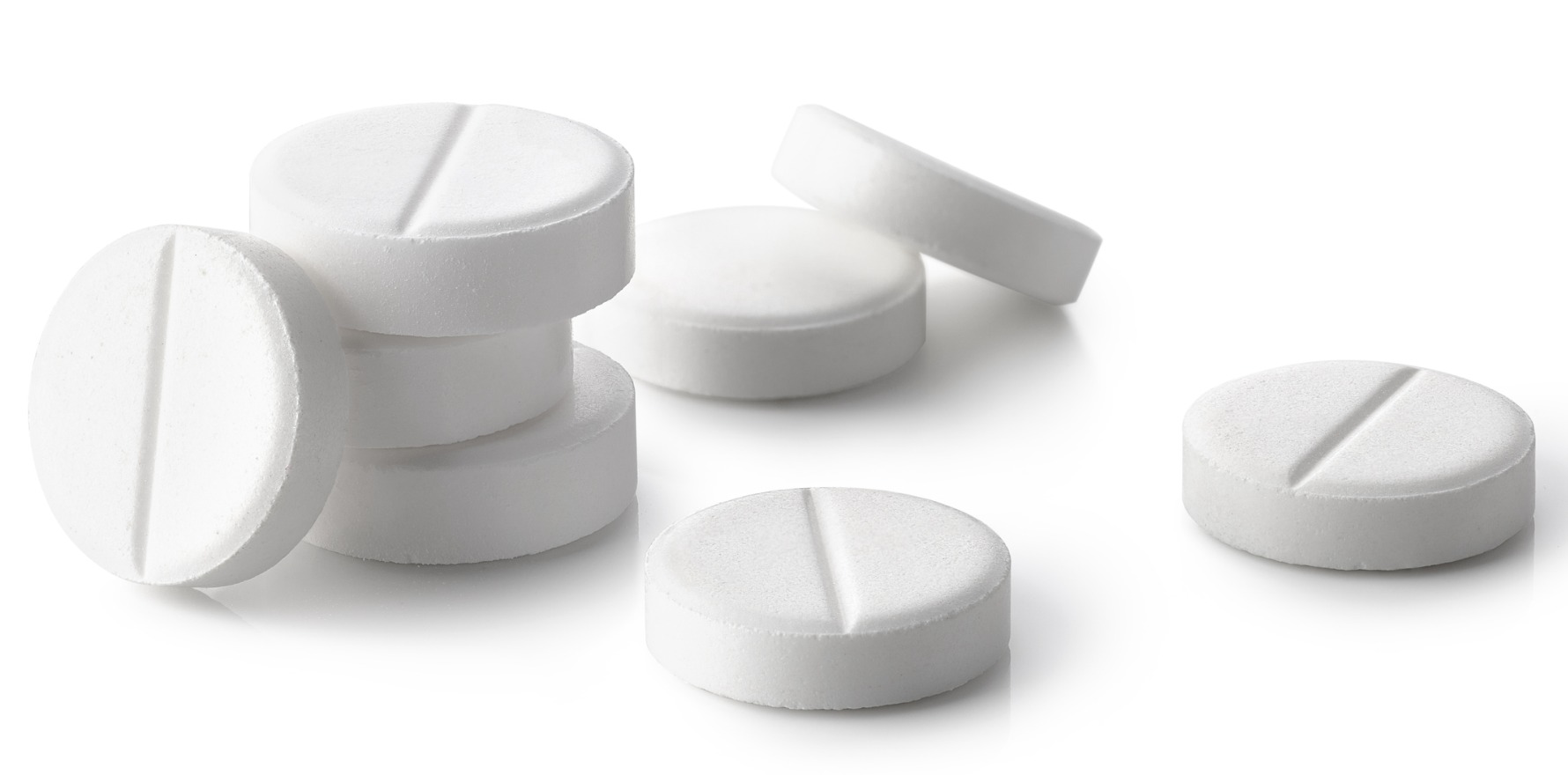Australian researchers say the up-scheduling of the medication to pharmacist-only has not gone far enough.
Australian researchers have reignited the debate over whether modified-release paracetamol should be up-scheduled to prescription-only.
In a study published in the Emergency Medicine Australasia journal, they examined paracetamol overdose data collected between June 2017 and May 2022.
They found that the up-scheduling of modified release paracetamol from S2 to S3 in June 2020 did not impact the proportion of modified-release paracetamol (paracetamol-MR) overdoses presenting to both Monash Health and the Victorian Poisons Information Centre (VPIC).
“Similarly, the frequency of overdoses by month remained similar. Further limitations on access to paracetamol products may need to be considered,” the authors wrote.
Associate Professor Michael Vagg, director of professional affairs for the Faculty of Pain Medicine of the Australian and New Zealand College of Anaesthetists said the findings were unremarkable, although he did not support the conclusion that more limitations be placed on access to paracetamol-MR.
In fact, he said the findings could also support the view that up-scheduling might not be the answer.
“The findings are not a huge surprise,” he said.
“Where the faculty would have some concerns with the way that the paper is written is that they’re focused very heavily on paracetamol harm.
“They don’t take any account of potential treatment of pain, or indeed, what would happen as an unintended consequence of severely restricting the paracetamol availability.”
Professor Vagg said the college supported the S3 allocation for paracetamol-MR.
“Ï think the proper place for modified release paracetamol is in the pharmacy, because it does have a higher per dose per tablet amount of paracetamol compared to regular paracetamol, and that sometimes needs to be pointed out to people,” he told The Medical Republic.
“I think a pharmacist is well placed to be able to just ensure that people are taking it for chronic pain such as arthritis.”
The researchers said since the Australia-wide change in legislation governing access to paracetamol-MR in June 2020, there has been one other study that found the incidence of paracetamol poisonings reported to NSW Poisons Information Centre did not change after the rescheduling.
They said paracetamol-MR had been implicated in 1573 of the 22,997 paracetamol overdoses in Australia between 2014 and 2017.
During the study period, there were 1449 overdoses involving paracetamol, and of these, 168 (9%) implicated paracetamol-MR.
There were 17,129 calls regarding paracetamol overdose identified in the VPIC database during the study period, and of these, 1664 related to paracetamol-MR calls. This included 9119 immediate release paracetamol and 965 paracetamol-MR calls pre-legislative change and 6414 immediate release paracetamol and 699 paracetamol-MR calls post-change.
The researchers referred to an independent expert report commissioned by the TGA on the trends in paracetamol overdose in Australia in 2022, which recommended up-scheduling paracetamol-MR to prescription-only (S4).
“Prescription-only scheduling in 2018 resulted in a significant decrease in overdoses involving paracetamol-codeine combination products,” the authors wrote.
“Rescheduling of paracetamol-MR could result in a similar outcome. The report also suggested reducing pack sizes for all paracetamol products, as well as reducing the number of packs that can be bought in a single purchase.”
The researchers supported the recommendation of the TGA report.
“Overall, the gradual increase in paracetamol overdoses in the past few years is concerning and indicates a need for an up-scheduling of paracetamol products to S4,” they concluded.
“This is in line with the recommendations of the independent report.”
While the TGA stopped short of up-scheduling paracetamol-MR, it announced in May last year that from 1 February the maximum size of immediate release paracetamol packs available in pharmacies, supermarkets and convenience stories will be significantly reduced.
The move will also mean paracetamol will no longer be available in bottles and must only be sold in blister packaging.
Related
Professor Vagg said the college did not support any move to make it harder for patients to access paracetamol, adding that it could have serious ramifications.
“Where we have concerns with paracetamol is that if it’s up-scheduled, particularly the modified release, and becomes much harder to get for people with chronic pain, then there is potential to drive people on to over-the-counter ibuprofen as an alternative, which would potentially have a much higher risk of morbidity,” he said.
“You get gastritis and an increase in heart attack and stroke risk from certain of the anti-inflammatories but not all of them, but certainly a few of the commonly available ones.
“What concerns us is that they’re just looking at paracetamol in isolation, and they’re recommending policy based on a very, very narrow risk calculation and not even looking at the benefit calculation. And certainly not looking at the unintended possible consequences.”




